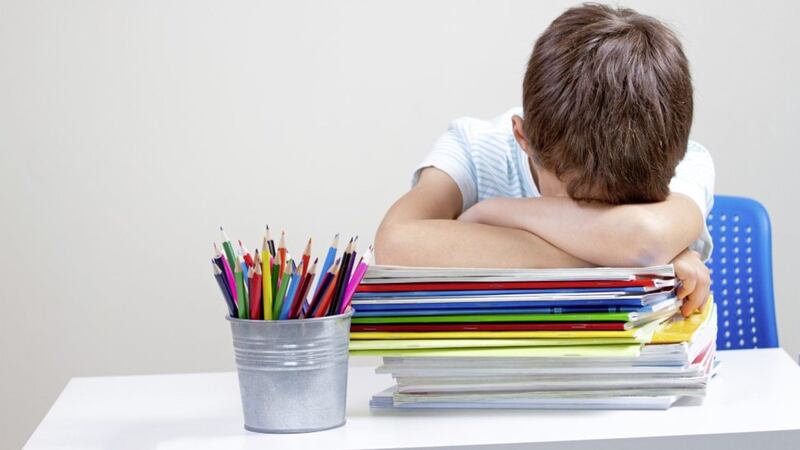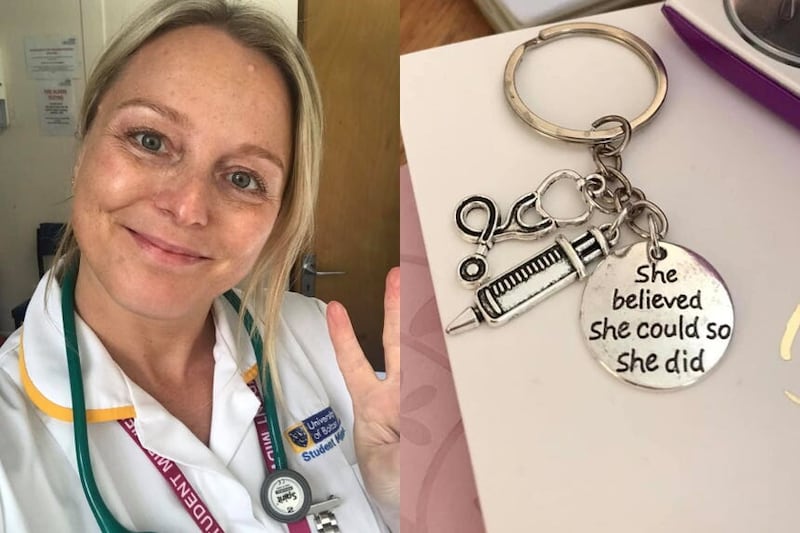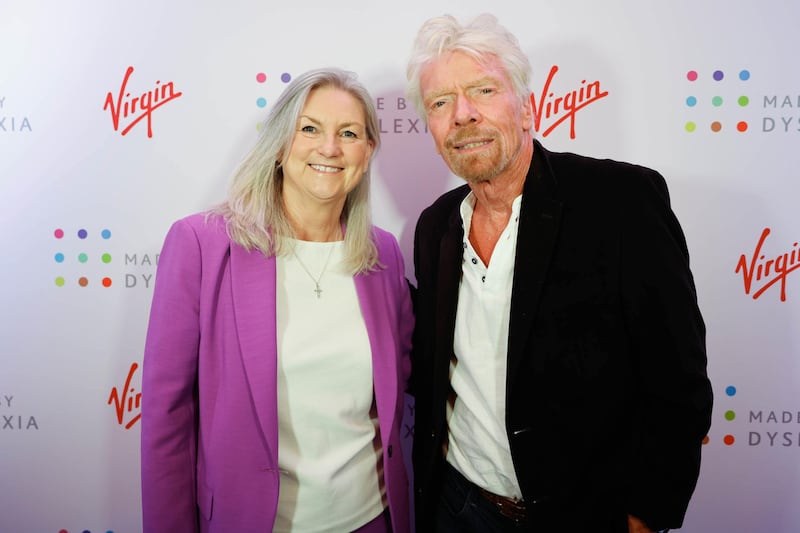THINK of a world without electricity, telephones, laptops, cars or aeroplanes. None of these creations would exist without the creative, dyslexic minds of inventors Thomas Edison, Alexander Graham Bell, Bill Gates, Henry Ford and the Wright brothers.
Other dyslexics who have made a huge contribution to our society, creatively and entrepreneurially include Albert Einstein, Isaac Newton, Stephen Hawking, Charles Darwin, Pablo Picasso, Andy Warhol, Steve Jobs, Beethoven, Sir Richard Branson, Tommy Hilfiger, Ingvar Kamprad (IKEA founder), Agatha Christie, WB Yeats, Irvine Welsh, Sir Anthony Hopkins, Keira Knightley, George Clooney and Will Smith.
They are all people who did not let dyslexia stand in their way; rather they excelled in their field because of their specific way of thinking.
"The dyslexic brain has its own kind of strength, and advantages which should be recognised and enjoyed," says Cork-based dyslexia specialist and guidance counsellor Sascha Roos, whose book At Home with Dyslexia, is aimed at helping parents support their dyslexic child and encourage their abilities.
According to the British Dyslexia Association 10 per cent of the population are dyslexic, 4 per cent severely.
Dyslexia causes problems with certain abilities used for learning, such as reading and writing, but is not related to a lack of intelligence. In fact, many people with dyslexia have very high IQs.
"It seems to be that in every single field at the top of that field is a dyslexic," Sascha says.
"They are game changers, are problem solvers, they see things a bit differently."
She adds that, although defined as a specific learning difficulty, people living with disability deserve for it be regarded as a learning difference; a different learning ability rather than the disability.
"Dyslexia is not something you 'have' or 'suffer with'; it is part of who you or it," says Sascha, who encourages parents to explain dyslexia to their child.
"It is a way of thinking, learning and seeing the world. We need to emphasize abilities and reward effort.
"Point out all famous people with dyslexia and draw attention to their own abilities and strengths, reassure them on areas that they are particularly good at.
"It may be creative thinking, problem solving, sports, making things, fixing things, playing a musical instrument or involvement in drama and soul."
At Home with Dyslexia includes numerous quotes from young people with dyslexia and their parents, as well as plenty of practical advice and illustrations.
Tips on using assisstive technology, audio books, and even reading to a pet to encourage fluency are all explored in the 'helping with reading' chapter.
Sascha stresses that parents should try to make reading fun and use material that will capture their child’s interest or imagination, from comic strips to sports magazines.
"It can be a huge challenge to transform a child's misgivings and aversion about reading for pleasure," she tells me.
"So don't force books onto your child and think that reading more will cure the dyslexic difficulties with reading."
Managing homework can be a diplomatic mission for all parents, but can be particularly fraught for those with dyslexic children, who are already exhausted from a day at school, often working much harder than other children in their class just to keep up.
"Home learning is important, but you have to question its value when it can create such unnecessary stress for the dyslexic child and fuel the feeling of incompetence in an already fragile self-esteem," says Roos, who strongly advises parents not to do their child's homework for them.
"It's important not to punish them for finding it difficult. It's best to arrange a certain time limit for homework with the class teacher and then stop and then when that time is up stop and let them have play time."
When it comes to learning spellings, Sascha explains how dyslexic children need different multi-sensory activities to help them remember. These include using fridge magnet letters, making pictures and stories around words, writing the word in different colours, using mnemonics, tracing the letters in sand, making words with Play-Doh, writing the word with broad or movements in the air.
One of the greatest challenges and frustration for children with dyslexia is poor memory. This can make it difficult for children to learn songs or multiplication tables, leaving them exhausted after a day in school having put so much effort into trying to remember everything.
Parents of secondary school children can help alleviate anxiety and stress by helping their child with organisation.
"Help your dyslexic child maintain a daily routine and give them a sense of feeling and control," says Roos, who also suggests using colour coordinator timetables and colourful stickers to colour code text books for different subjects.
"Encourage a routine for clearing out school bag daily and packing it at night for the following morning."
The biggest message she wants to get across to parents is for them to be advocates for their child.
"No one knows your child or is going to be as concerned as you," she says.
"We need to be keep reminding and educating the teachers and helping them see what your child needs. My advice is to gather knowledge, as knowledge is power. And never give up throughout your child’s education, right through to negotiating for exam provisions.
"The fact is, dyslexia is a learning difference – and dyslexic children are not being taught in school the way they need to be. If they were able to take in information the way they wanted to and reproduce that information the way they wanted to, then they would all be high achievers."
:: At Home with Dyslexia : A Parent's Guide to Supporting Your Child by Sascha Roos, is published by Robinson and is out now.








